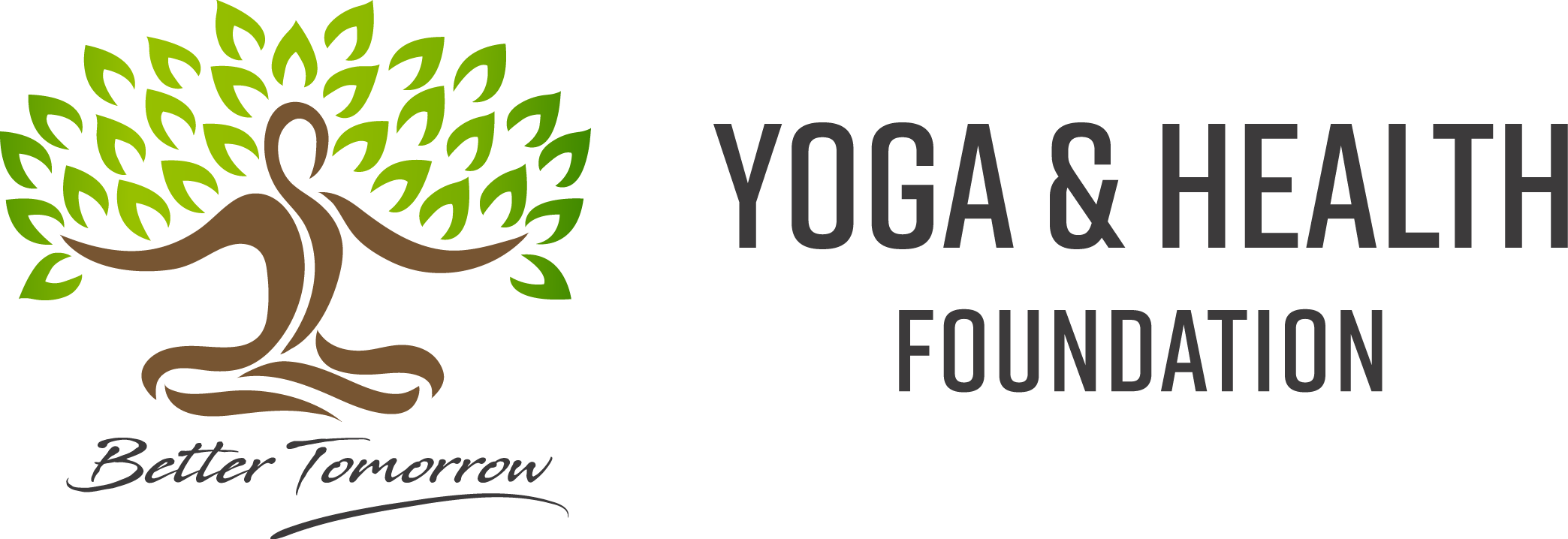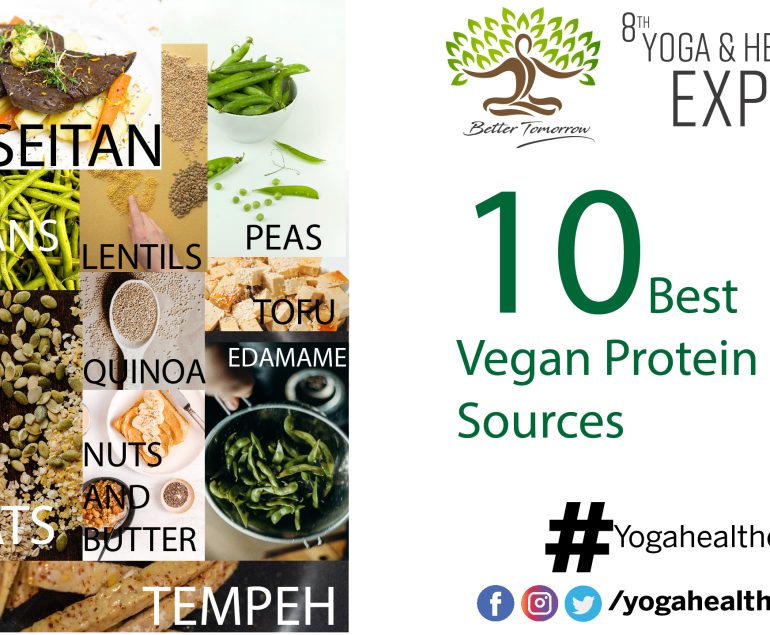The American Institute for Cancer Research says that health experts agree; putting mostly plant-based foods on your plate is the healthiest diet you can consume.
However, we believe a plant-based “diet” isn’t so much of a strict diet, as it is a chosen health conscious lifestyle for many— and it’s one of the best ways to support a healthy mind and body in recovery.
Plant foods (aka: the unprocessed foods found in nature) provide your body with healing anti-inflammatory compounds, fiber, and essential vitamins and minerals. All of these nutrients are crucial for healthy liver function, which in turn promotes restful sleep, fewer cravings, and a happier mood.
As you may know, your liver is the primary organ of detoxification and is responsible for eliminating harmful toxins from drugs and alcohol from your system. While your liver is an extremely capable detoxifier, eating plant based foods that are rich in nutrients and support healthy liver function can accelerate your healing, and make a huge difference in how well your digestion and elimination functions overall.
Heavily processed, deep fried, fatty and oily foods can slow your liver function down, which is why choosing to eat a plant-based diet that eliminates these foods is a huge step towards feeling your best.
What is a Plant Based Diet?
When you eat plant based, you simply focus on eating the nutrient-rich unprocessed foods found in nature such as fruit, vegetables, whole grains, nuts, seeds and legumes, while limiting— or ideally— completely removing processed foods.
Most processed foods contain very few nutrients and are known to cause inflammation in the body, which prevents you from healing. These foods include refined sugar and flour, caffeine, dairy products, and heavily processed oils.
Eggs, meat, poultry, dairy and fish are typically not part of a plant based diet, however, plant based diets can vary depending on a person’s unique needs. For example, some people may eat plant based 90% of the time, but choose to consume small amounts of high quality, organic animal products if they are weak, deficient, or may need certain nutrients in animal products for therapeutic reasons (such as bioavailable iron and vitamin B12).
A plant-based diet isn’t meant to be restrictive. It is simply a sustainable way of adopting healthier eating habits to provide your body with maximum nutrition.
Let’s take a look at three reasons to transition to a plant based diet during your recovery (and beyond).
3 Ways a Plant-Based Diet Can Help You with Addiction Recovery
- A Plant Based Diet May Help You Address the Root Cause of Addiction Sooner
A diet that is focused on whole, unprocessed foods eliminates the foods we find most addictive, such as caffeine, refined sugar (candy and sweets), and processed carbs (bread, cakes, donuts, pastries, pasta). These foods can become addictive because they can cause a rapid surge in dopamine levels.
While these foods may seem like the lesser of the evils during the recovery process, they are merely a band-aid solution and substitute for more harmful substances, and all the same, they serve as a distraction and provide comfort when challenging emotions surface— which prevents you from getting to the bottom of your addiction.
On the other hand, certain plant foods such as nuts, seeds, bananas and raw cacao can gently boost dopamine levels (which makes them less addictive) while also providing several essential nutrients that aid in liver function.
It’s also worth noting that a predominantly plant based can help reduce your risk of stroke and heart disease, which are risk factors for those who heavily consume alcohol (1).
- The Fiber From Plant Foods Improves Gut Health, Which Can Directly Improve Your Energy and Mood
When you think of healing from addiction recovery, your gut may not be the first thing to come to mind. However, the gut and the brain are interconnected (this is known as the gut-brain axis), and this connection explains how your gut health can directly impact your mood and cravings for addictive substances (2).
For example, serotonin is produced in the gut— the neurotransmitter that helps you feel good. When your serotonin levels are low, depression, anxiety, and cravings for addictive substances can increase. This is only one example of how your gut health impacts how you feel on a daily basis.
All fruit, vegetables and whole grains contain fiber, which supports healthy digestion and elimination by keeping your bowel movements regular. Fiber also acts as a prebiotic, which feeds your body’s natural stores of healthy bacteria, called probiotics — which rule the health of your entire digestive system. As you can see, fiber is a critical nutrient for a healthy gut.
Plant foods are the most fibrous foods on the planet— so luckily, eating an abundance of fruit, vegetables and whole grains on a plant based diet makes it easy to meet your daily fiber requirements. If you’re a woman between the ages of 18-50, you’ll need about 21 grams of fiber per day, while men require around 30-38 grams.
- Organic Plant Foods Provide Up to 40% More Antioxidants Than Conventional Produce
Plant based diets also focus on the quality of foods, which means choosing local or organic whenever possible because they’re lower in pesticides and higher in nutrients. While it is not always realistic or affordable to choose organic year round, you can follow the Clean Fifteen and Dirty Dozen List to see which foods should be purchased organic whenever possible.
Studies have found that organic produce contains higher levels of antioxidants and significantly lower levels of metals such as cadmium, which can lead to mood and neurological disorders. Scientists discovered that organic crops lack the synthetic chemical pesticides of their conventional counterparts, which helps organic plants to produce greater amounts of polyphenols and phenols. These antioxidants help prevent diseases caused by oxidative stress, which can be caused by excessive alcohol consumption, cocaine and other recreational drug use.
By switching to organic plant-based produce, you can increase the amount of antioxidants in your diet by 20- 40 percent. These antioxidants support both phases of liver detoxification, which neutralize harmful drugs and toxins to be eliminated safely from your body.
Tips for Transitioning to a Plant-Based Diet Today
1.Start Simple With Having One Green Smoothie Per Day
Your first step to starting a plant-based diet is to establish a healthy eating routine. People in early recovery need to develop a foundation for healthier eating. Your diet has a big impact on your recovery.
Not sure where to start? Keep it simple. Choose to begin your day with a green smoothie as you search Pinterest for easy and delicious combinations with fresh fruit, vegetables, coconut water, and greens. If you’re pressed for time in the mornings, wash and chop your ingredients the night before so that all you need to do is throw your ingredients in a blender, and pour into a to-go cup.
- Don’t Forget To Snack on Fruit (Nature’s #1 Fast Food)
Aside from providing essential nutrients, fruit offers a quick burst of energy and soothes sweet cravings. Plus, fruit is nature’s ultimate “fast food” that you can grab from a fruit bowl on your way out the door— no meal prep, clean up or elaborate gourmet cooking necessary!
- Stock Up on Leafy Greens
Leafy greens are one of the most powerful foods for liver health, especially when your body is going through a more intense detoxification period. Leafy greens include spinach, collard greens, baby kale, arugula, romaine lettuce and butter lettuce. You can easily add a handful of these to your smoothie, have a small side salad with your dinner each day, or steam in a small amount of unrefined coconut oil and pure sea salt, which makes a tasty side dish to any meal.
- Add Protein and Healthy Fats to Every Meal
While fruits and vegetables are a great source of antioxidants and energy boosting carbohydrates (and they do also contain smaller amounts of plant protein), you still need to incorporate higher protein foods to repair damaged cells.
Protein and healthy fats also help balance your blood sugar levels which can reduce sugar cravings, fatigue and irritability, and keep your appetite satisfied for longer periods of time. A few examples of plant based proteins and healthy fats are lentils, beans, wild rice, quinoa, and tempeh, as well as hemp hearts, avocado, nuts and seeds.
When it comes to eating for addiction recovery, it’s not about focusing on which foods to stay away from and feeling restrictive with your diet, but rather focusing on adding in more nutrient dense foods to it. Nutrition should never seem punitive, but rather a helpful and important component of your healing and recovery process, and overall healthy lifestyle.


